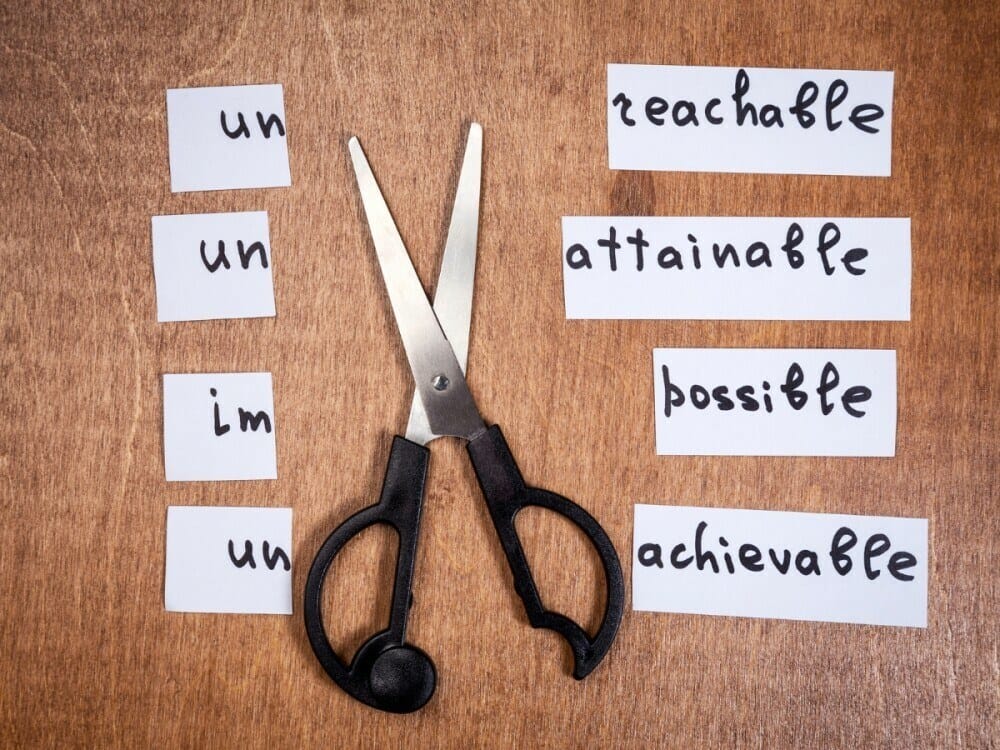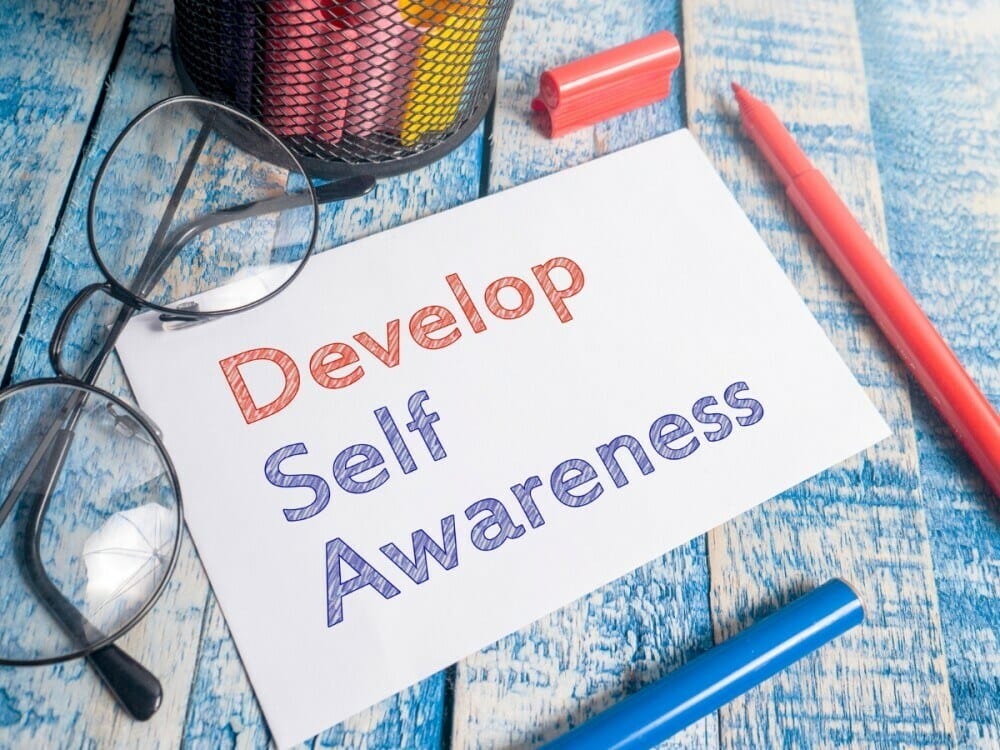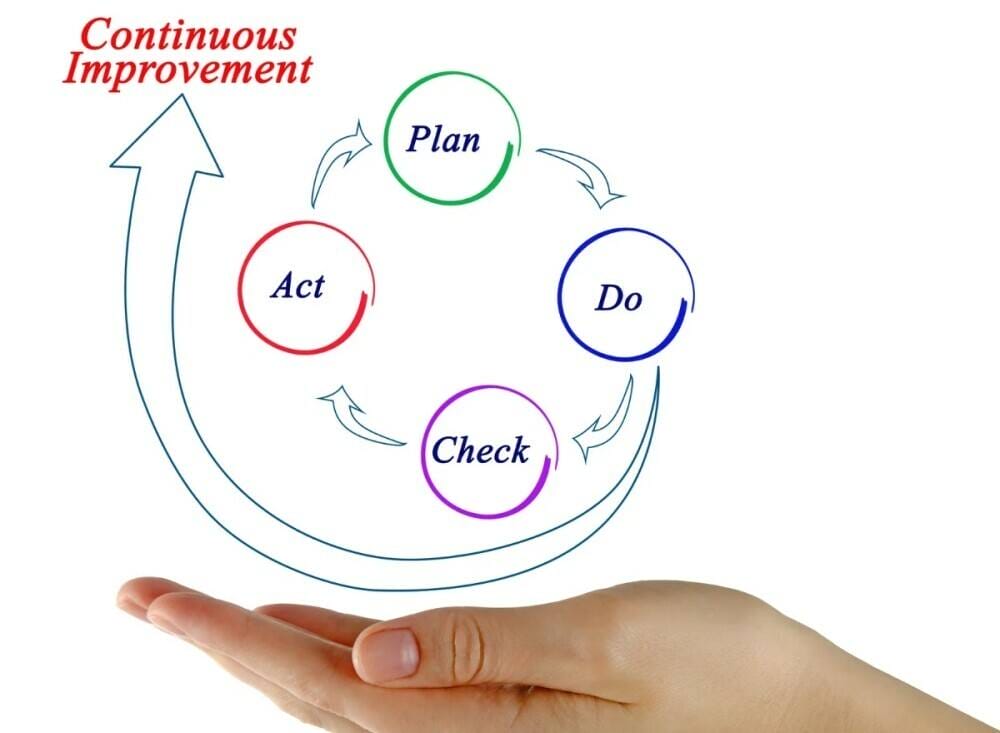Have you ever wondered why some people seem to effortlessly radiate self-assurance, while others grapple with self-doubt? The answer lies in the intricate interplay between our brains, our experiences, and our beliefs. Self-confidence isn’t merely a personality quirk; it’s a complex psychological construct with profound implications for our well-being and success.
In this deep dive, we’ll unravel the science of self-confidence, offering evidence-based techniques to not only boost your confidence but also make it an enduring part of who you are.
Unveiling the Essence of Self Confidence
I understand the curiosity that surrounds self-confidence. What exactly is it? Why does it matter in our lives? Self-confidence is more than just a positive feeling about oneself; it’s a foundational element that can dictate success and satisfaction in various spheres of our lives, be it personal relationships, career, or social situations.
I’ve noticed there are countless myths about self-confidence that can mislead and even hinder individuals. Some believe it’s an innate, unchangeable trait, while others think it’s solely the result of one’s achievements. However, I want to steer away from these misconceptions and look towards what psychology research has shown us about being confident.
Building confidence is not merely about self-perception, but it’s about developing a reliable sense of one’s abilities and feeling secure in that knowledge.

It’s crucial for confrontation with life’s challenges, for it affects how I set goals, take risks, and persevere through adversity.
To disentangle the intricate details of this concept, I aim to lay out a foundation that leads us to understand the psychological makeup that forms self-assurance. This understanding will provide practical steps to nurture and foster a healthier self-confidence that isn’t just felt, but also seen in actions.
The Scientific Framework of Self-Confidence
You may wonder, what’s happening in your brain when you feel confident? It turns out that self-confidence isn’t just a feeling; it has a tangible neurological basis. When you’re feeling self-assured, certain areas of your brain light up. Studies using brain imaging technologies like fMRI have shown increased activity in the prefrontal cortex when individuals engage in tasks that they feel confident about. This region of the brain is associated with planning, problem-solving, and regulating emotions.
Going deeper, our body’s chemistry also plays a crucial role. For example, the hormone testosterone is often linked to increased confidence. In contrast, cortisol, the hormone related to stress, tends to decrease confidence. Another player in this complex biochemistry is serotonin, a neurotransmitter that, when at optimal levels, contributes to feelings of well-being and self-esteem.

The cognitive aspect of self-confidence is equally fascinating. According to Albert Bandura, a renowned psychologist, self-efficacy, or the belief in one’s ability to succeed, is a cornerstone of confidence. His work highlighted the role of self-efficacy in achieving goals and overcoming challenges. It suggests that your belief system fundamentally shapes your perception of your abilities and consequently, your level of self-confidence.
Understanding these components—the neurological, biochemical, and cognitive—is crucial not only for scientists but for anyone trying to build or maintain confidence. It equips you with the knowledge to manage your mindset and physiology in ways that can foster a stronger sense of self-assurance.
Self-Confidence and Mental Health: A Two-Way Street
It’s clear that the intertwining of self-confidence and mental health is intricate and significant. Research frequently underscores a strong correlation between the two, where each endlessly influences the other. People with robust self-confidence often report higher levels of happiness and less susceptibility to mental health challenges like depression and anxiety.
Conversely, enduring mental health struggles can erode self-confidence. Should someone battle with feelings of worthlessness or hopelessness, common in depressive disorders, their self-esteem almost invariably takes a hit. For those grappling with anxiety, the constant doubt and fear can prevent the development of a secure sense of self-assurance.

But here’s a silver lining – by working to improve mental health, one can also witness a boost in self-confidence. Effective mental health interventions often incorporate techniques to enhance self-esteem and assertiveness. My message to you is that even small improvements can ripple outward, affecting your life positively in more ways than you might anticipate.
Moving on, the circumstances we encounter and the experiences we accumulate throughout our lives also play a substantial role in shaping our self-confidence. In the following section, I’ll discuss how life’s trials and tribulators offer opportunities for building resilience and, ultimately, a stronger sense of self.
The Role of Life Experiences in Shaping Self-Confidence
Our understanding of self-confidence isn’t just a product of our biology; it’s also shaped by the tapestry of experiences we encounter throughout life. From the formative years of childhood to the challenges we face as adults, every interaction and outcome plays a part in the complex process of how we view ourselves and our abilities.
Consider early childhood, a critical period for developing a sense of self. Positive reinforcement from parents, teachers, and peers can foster a strong foundation for confidence. Conversely, criticism and overly high expectations can lead to a fragile sense of self-worth that may require deliberate effort to rebuild in later years.

As we navigate life, both triumphs and setbacks serve as lessons. Resilience is the byproduct of how we handle failures. It’s not about never falling; it’s about learning the right way to get back up. Each success, no matter how small, can be a stepping stone to greater self-confidence if we acknowledge and learn from it.
Your social encounters too have a profound influence. Healthy, supportive relationships can bolster your confidence, while toxic interactions may sap it away. Recognizing the power of these influences allows you to seek out and nurture relationships that enhance your self-esteem and confidence.
Cultivating Confidence: Strategies for Growth
Self-confidence isn’t something you’re born with–it’s a quality you can develop. Think of it as a muscle; the more you work it, the stronger it gets. Let’s explore actionable steps to bolster this muscle and help you grow in confidence.
The power of positive self-talk can’t be overstated. It shapes how you perceive yourself and the world around you. Be deliberate in replacing negative thoughts with positive affirmations.

Phrases like ‘I am capable’ and ‘I can learn from this situation’ should become your mantras. Setting goals is fundamental to growth. By achieving these, even the small ones, you create a track record of successes. Celebrate these wins, no matter how minor, to reinforce your belief in your abilities.
Another key aspect is to challenge yourself by stepping out of your comfort zone. It’s the experiences we don’t feel ready for that push us to grow the most. Accept new challenges regularly to let go of doubt and build self-assurance.
By integrating these practices into your daily routine, you will notice a positive shift in your confidence levels over time. Remember though, this process requires persistence and the belief that you can change.
Overcoming Confidence Killers: Dealing with Doubts and Fears
Self-confidence isn’t just about building it; it’s also about defending it from the internal critics we all have. These critics come in the form of doubts and fears, which I like to call ‘confidence killers.’ They’re the thoughts that keep us from taking the leap, the beliefs that tell us we’re not good enough, and they can be incredibly persistent.
Foremost among these is the fear of failure, an almost universal experience. Addressing this fear starts with reframing how we view failure. Instead of seeing it as a dead end, I encourage you to consider failure as data-rich feedback. It’s a teacher, albeit a strict one, showing you where adjustments are necessary.
Rejection is another heavy-hitter that can send our confidence into a nosedive. But let me share a perspective that has helped me: rejection is not always personal. Sometimes, it has more to do with the rejector than the rejected. Knowing this can soften the blow and keep your confidence intact.
And let’s not forget perfectionism, which often masquerades as a positive trait when it can actually hinder progress. Perfection is an unattainable target that moves further away the more you chase it. Aiming for excellence, on the other hand, is about growth and continuous improvement, which is far more compatible with building confidence.
So how do we combat these confidence killers? A starting point is identifying the negative thought patterns that feed them. Once you’ve pinpointed these patterns, actively work to counter them with evidence of your capabilities. Keep a record of your achievements, however small, and refer back to it when self-doubt creeps in.
Another effective tool is visualization. Picture yourself successfully navigating a situation that scares you. Doing this regularly can fortify your mental resilience and prepare you to face similar challenges in real life.

As your confidence begins to rebuff these doubts and fears, you’ll notice a remarkable shift. The once insurmountable obstacles will start becoming challenges you’re eager to tackle. And with each challenge you overcome, your confidence will grow, reaffirming that you are indeed capable and worthy.
When you transition from defending against confidence killers to actively nurturing your self-assurance, you’ll be ready to draw strength from your community. In the next section, we’ll explore how the power of social support can further reinforce your self-confidence.
Social Support and Self-Confidence: Finding Strength in Community
I find the interplay between social support and self-confidence fascinating. It’s like a dance, where each partner relies on the other’s rhythm to create a harmonious performance. Social circles significantly influence self-assurance. When I surround myself with positive and encouraging people, I notice a substantial boost in my confidence levels.
Seeking mentors and role models plays a critical role in confidence building. They serve as a compass, guiding through uncertain terrain with their experience and wisdom. It’s important for me to find individuals who embody the confidence I aspire to and learn from their journeys.
Building a supportive network is paramount for nurturing self-assurance. In my experience, participating in groups with shared interests or goals creates a sense of belonging and reinforces a positive self-image.

Engaging in constructive feedback, participating in community activities, and collaborating on projects are all effective ways to build a community that uplifts confidence.
As I transition to the next section, keep in mind that having and sustaining self-confidence isn’t merely about internal factors; it’s also about the environment we choose to immerse ourselves in. The people around us can provide the support or the resistance that affects our self-assurance journey.
Keeping the Flame of Confidence Alight
Once you’ve nurtured self-confidence, the task shifts to maintaining it. Everyone faces setbacks that can dim self-assuredness, but with the right approach, you can keep your confidence burning bright. Do not be disheartened when obstacles appear; this is a normal part of life.
Consistently revisiting your accomplishments is an excellent way to nurture self-respect. It reminds you of your capabilities and what you can achieve with effort and determination. Keep a ‘success journal’ or a list of achievements, and review it regularly to reinforce a positive self-image.
Another key strategy involves setting realistic expectations for yourself. It’s easy to be overly ambitious, but setting unattainable goals can lead to dissatisfaction and erode your confidence. Instead, aim for challenging yet achievable goals that promote steady progress and a sense of accomplishment.
A healthy lifestyle also plays a significant role in sustaining self-confidence. Regular physical activity, sufficient sleep, and balanced nutrition can profoundly influence your mood and energy levels, indirectly bolstering your confidence. Remember, a healthy body contributes to a confident mind.
Don’t shy away from asking for feedback. Constructive criticism can be a powerful tool for growth. It may reveal blind spots and provide direction for improvement, aiding in the fortification of your self-confidence. Take feedback as a guidepost, not a deterrent.

Lastly, practice resilience. Resilience, just like a muscle; the more you exercise it, the stronger it becomes. When faced with failures, analyze them without harsh self-judgment, learn from them, and move forward. It’s the comeback after a setback that truly enhances the resilience of your confidence.
Transforming Self-Confidence into Success: Real-World Applications
I believe building self-confidence is more than just a personal triumph; it’s a bridge to success across many aspects of life. When you harness self-assurance, you open up a world of potential in your career, your relationships, and your passions.
In the realm of leadership and business, confidence is non-negotiable. It fuels decision-making, risk-taking, and resilience in the face of challenges. Confident leaders inspire trust and motivate teams, creating a ripple effect that propels everyone to new heights.
But confidence isn’t just for the boardroom – it’s crucial in everyday interactions as well. From first impressions to lasting relationships, it helps you communicate effectively, assert your needs, and build meaningful connections.
Performance in arts, sports, and other creative endeavors also soars when you’re confident. It’s the secret ingredient that can transform good into great, motivating you to push boundaries and strive for excellence.
Finally, confidence is something you portray as much as you feel. Stand tall, make eye contact, and speak with conviction. Remember that non-verbal cues are as powerful as words. Cultivating a positive outer demeanor can reinforce your inner sense of confidence, creating a virtuous cycle.
To put it simply, your journey to self-confidence is an investment that pays dividends in all areas of life. Nurture it, protect it, and watch as doors open. Here’s to the bright future that your confidence will build.

